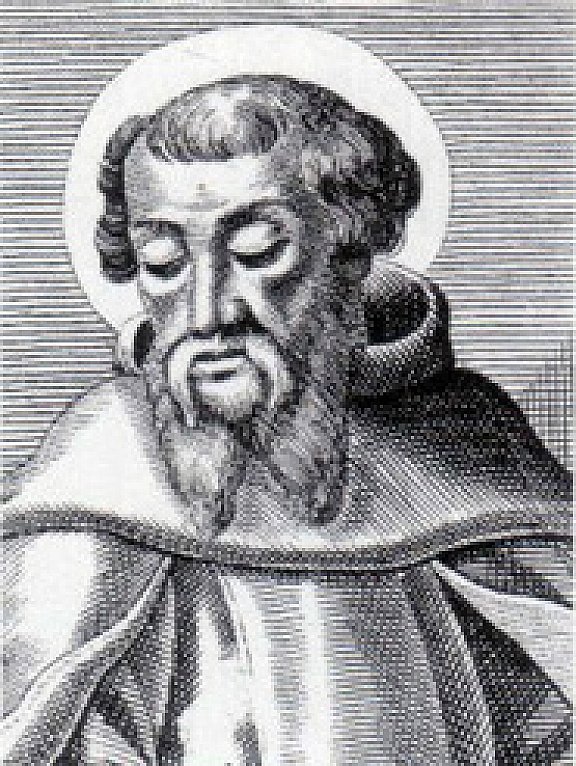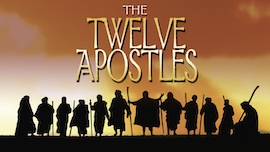Irenaeus Relayed Truths Learned from Men Who Had Known the Apostles

Irenaeus defended the doctrines taught by Christ.
IN MANY WAYS, the clear-minded, active and bold Irenaeus was ideally situated to meet the needs of the church in his day. The second century was an age of church expansion, persecution by authorities, and heretical controversy. The canon of the New Testament was not yet formed, and heresies such as Gnosticism and Marcionism were misleading the gullible. Church structure and hierarchy were still in flux.
As a young man Irenaeus had studied with Polycarp, a disciple of the apostle John, and learned from him the Gospel as it had been taught by Christ. The soundness of this Gospel and the example of Polycarp’s martyrdom had a profound effect on Irenaeus. He became a missionary to Gaul (modern-day France), settling in Lyons.
Irenaeus was on a mission from Gaul to Rome, carrying a message to warn the pope against the Montanists, when persecution broke out in Lyons. On his return, he became leader of the Lyons church, Bishop Pothinus having been among the victims. He showed his vigor by converting much of the populace of Lyons, and spreading Christianity throughout Gaul.
He also reasoned vigorously against heresy, showing how Gnostic claims were out of step with Scripture. He explained the orthodox Christian faith with words in which lay the seed of the creeds:
“This then is the order of the rule of our faith, and the foundation of the building, and the stability of our conversation: God, the Father, not made, not material, invisible; one God, the creator of all things: this is the first point of our faith. The second point is: The Word of God, Son of God, Christ Jesus our Lord...And the third point is: The Holy Spirit, through whom the prophets prophesied, and the fathers learned the things of God, and the righteous were led forth into the way of righteousness; and who in the end of the times was poured out in a new way upon mankind in all the earth, renewing man unto God.”
We owe to Irenaeus an early list of the canon of the New Testament—the Gospels, letters, and other early Christian writings which were acknowledged to be of apostolic origin. He also developed an early form of the teaching of apostolic succession, which he used to combat the Gnostics: he argued that the real church could show direct lines of consecration back to Christ, which heretics could not. In his own case, the linkage was short indeed: Christ —> John —> Polycarp —> Iraeneus.
Irenaeus also reasoned with the bishops of Rome. When Bishop Victor tried to excommunicate eastern churches that did not observe Easter on the same day as Rome, Irenaeus reminded him that an earlier bishop of Rome had embraced Polycarp despite such differences. Eventually, Victor dropped his attempt to impose the Roman view on the whole church.
Many sources describe Irenaeus as a martyr, but we have no details. Catholics and Anglicans remember him with a feast on this day, 28 June.
—Dan Graves
----- ------ ------
The apostles were the sources behind Iraneus sources. Watch Story Of The Twelve Apostles at RedeemTV.

Trial and Testimony of the Early Church covers the era and themes that were also important to Irenaeus.
The Twelve Apostles can be purchased at Vision Video. So can Trial and Testimony.







